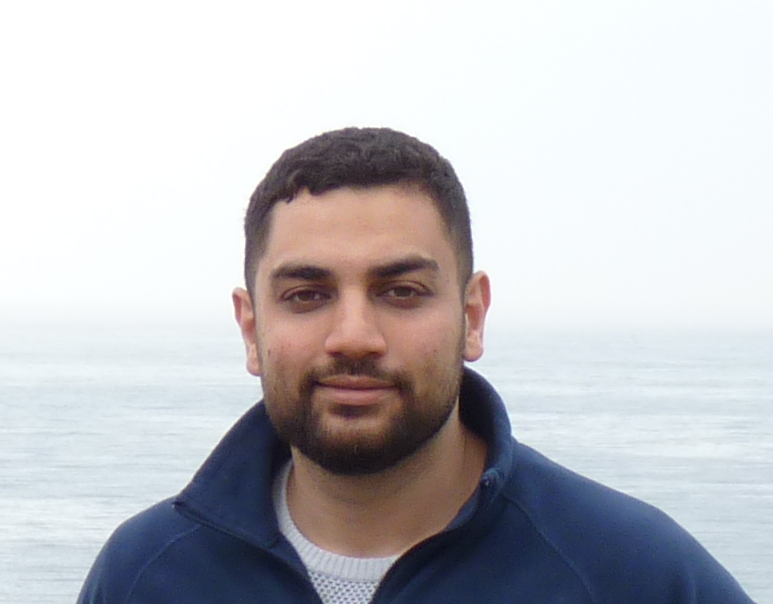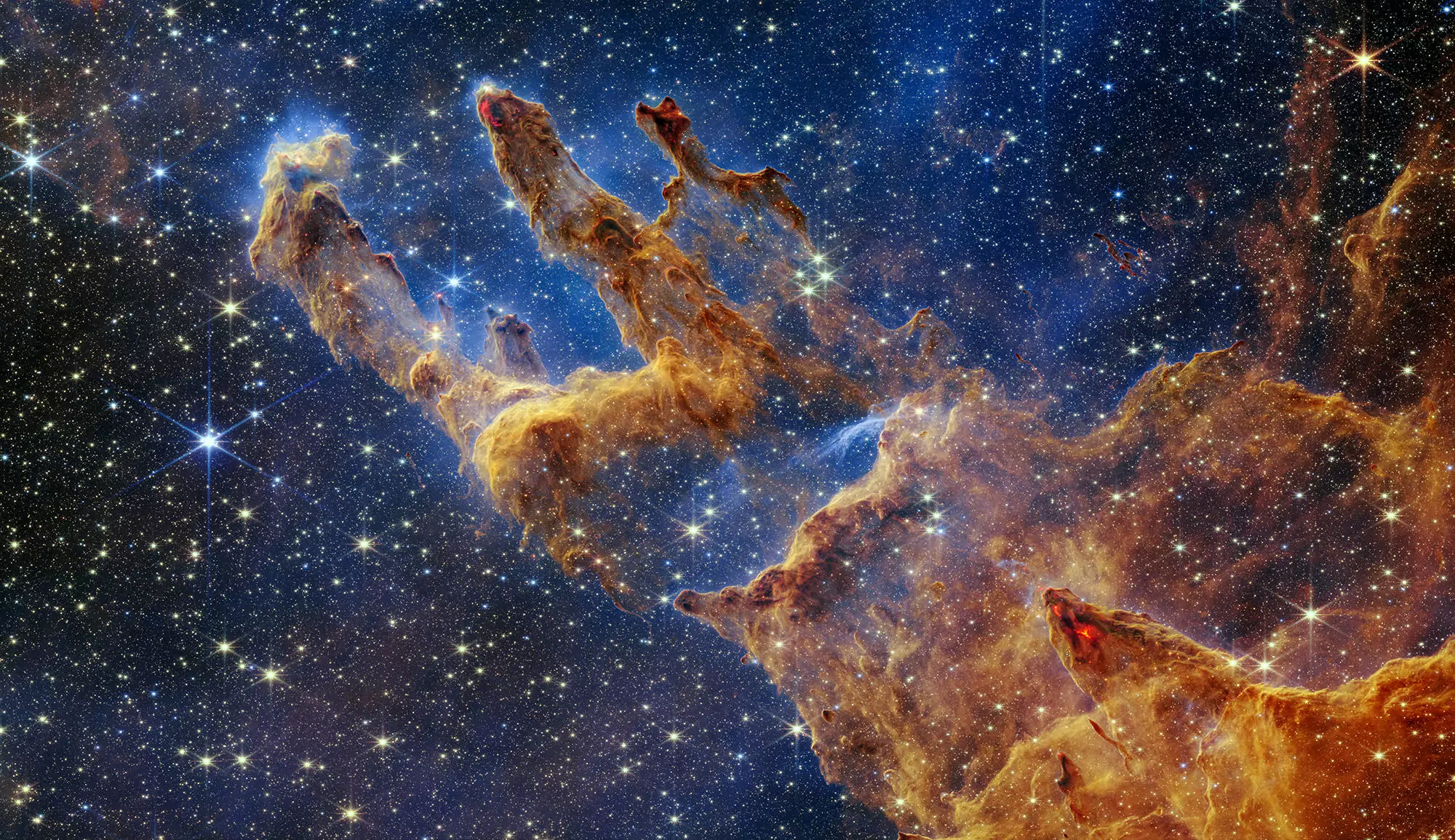
Mohammad Farhat is Lebanese. After completing a Master’s degree at the American University of Beirut, he applied for a PhD at the Observatoire de Paris - PSL, in the "Astronomy and Dynamical Systems" team of the Institut de mécanique céleste et de calcul des éphémérides, under the supervision of Jacques Laskar and Gwenaël Boué. For his thesis, he was awarded a doctoral scholarship from Sorbonne University.
His initial research topic was tidal effects in extra-solar systems. But after the 2020 start of the multidisciplinary ERC project AstroGeo involving geologists and astronomers, it became essential to gain a better understanding of tidal effects in the Earth-Moon system.
Thus, resolving a fifty-year-old paradox, Mohammad Farhat provides, for the first time, a model of the evolution of the Earth-Moon system, consistent with the Moon’s current recession and age, and moreover, in agreement with the most reliable geological data.
This model has been very well received by the geological community, and is now being used as a reference for studies on ancient sediments.
Mohammad Farhat’s interdisciplinary thesis, defended on January 5, 2023, has wide-ranging repercussions in several fields : geophysics, geology and astronomy.
Since defending his thesis, Mohammad Farhat has been pursuing his work on dissipation in the Earth-Moon system, as a postdoctoral fellow at IMCCE, within the ERC AstroGeo project (www.astrogeo.eu).
